Berlinerisch, a small dictionary of the Berliner language
If it is true that in order to understand the culture of a place you have to know the language, it is essential to understand the dialect spoken in our beloved city: the Berlinerisch.
This folkloristic dialect, known for its sarcastic and often rude tones, is loved by many in Germany. Adored by the Berliners, it is a blend of old spoken dialects in urban centers, which in the past formed the city of Berlin. It also comes from the Berliner Schnauze, the typical berlin doc character.
The Berliner language
Some polls reveal that the Berliner language is very much in vogue among the new generations and is even turning out to be one of the most talked about in the city. So if you want to keep up with the times and understand what your interlocutor is talking about, here are some examples of Berlinerisch:
ich: ick / ikke (me)
aber: aba (or)
auch: ooch (also)
auf: uff (above)
etwas / was: wat (something)
ein: een (indefinite article, masculine, singular)
gehen: jehen (go)
gucken: kiek’n (watch)
klein: kleen (small)
laufen: loofen (walking)
nein: woman / nee (no)
nichts: nüscht / nichs / nix (nothing)
Schnauze: Schnute (1. mouth, 2. face / animal face)
das: dit / det (1. determinate article, neutral, singular 2. this)
The most common linguistic tendencies are to transform the “s” into “t” (was> wat, das> det, alles> allet) and the “g” in “j” (gut> jut, gehen> jehen, genau> jenau)
As for the ways of saying:
Allet comes! (Alles gut!) = Everything is alright
Moin! (Guten Morgen!) = Good morning
Du Alta! (Du Alter) = Hey you!
Eyh, jeh ma nich uff’n Keks! (Lass mich in Ruhe!) = Don’t annoy me, leave me alone! (literally “do not stay on biscuits”)
Is aba warm heute, huh? (… nicht wahr?)= It’s hot today, right? (At the end of the sentence, it means “true”)
One of the main features of this slang is the linguistic register, such as eating letters in the middle of words or dropping the final part
ist> is (is),
komm mal> komm ma (come)!
Some of Berlin’s typical particularities are the acronyms:
j.w.d. > janz weit draussen = a far away place. Could be translated “in the midst of nothing / the wolves”
Kotti, Alex, Rosi, Schlesi = Kottbusser Tor, Alexander Platz, Rosenthaler Platz, Schlesisches Tor.
Vokuhila > vorne-kurz-hinten-lang = short in the front and long in the back. One of the most popular hair cuts in Germany between 1982 and 1987, also in the most punk “Volahiku” version (long in the front and short in the back).
Cover photo: © Daniela Spoto
Are you living in Berlin and wish to perfect your knowledge of German? Take a look at the courses that Berlino Schule organizes!

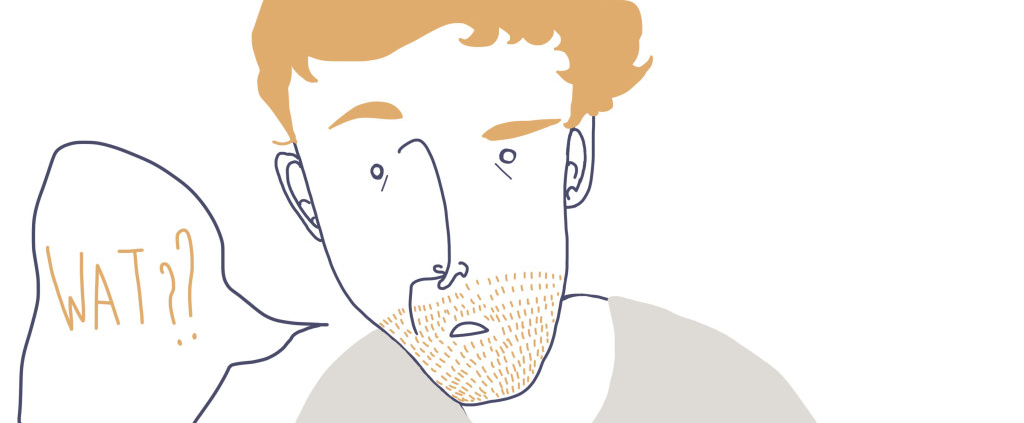
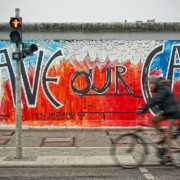
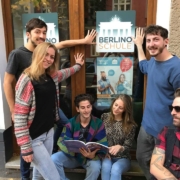


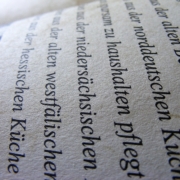
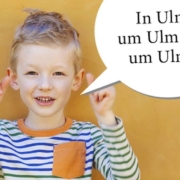
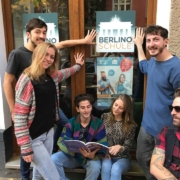
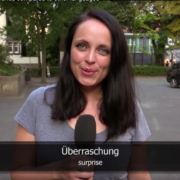


Hinterlasse einen Kommentar
An der Diskussion beteiligen?Hinterlasse uns deinen Kommentar!